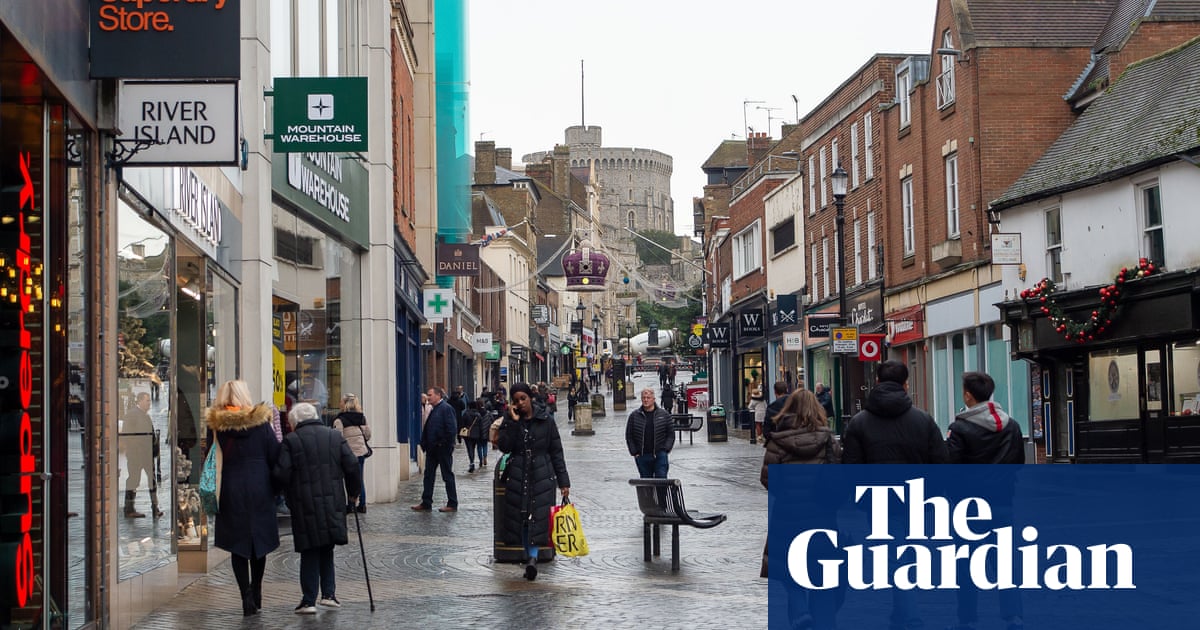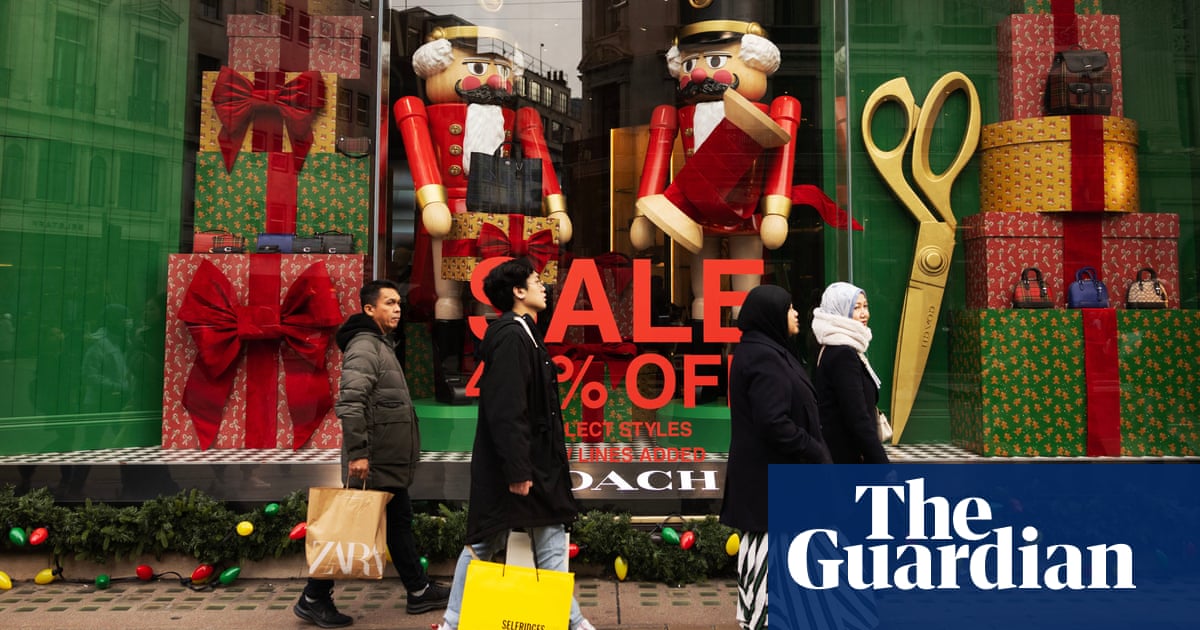
Retail sales in Great Britain fell unexpectedly in August amid supply chain disruption and a consumer spending switch from supermarkets to pubs and restaurants as pandemic restrictions eased.
The Office for National Statistics said retail sales dropped by 0.9% in August after a steeper decline of 2.8% in July. While spending remains above pre-pandemic levels, City economists had forecast a rise of 0.5%.
According to the latest snapshot, sales of food dipped by 1.2% on the month after the easing of hospitality restrictions had an impact, with people raising their spending on social activities such as eating and drinking in restaurants, pubs and bars.
However, sales fell across a broad range of other categories, including a sharp drop at department stores as disruption to supply chains weighed on retailers.
Britain’s biggest retailers have warned that stock levels are at their lowest since the 1980s, with the economy under growing pressure from shortages of workers and goods because of the fallout from Covid-19 and Brexit.
Analysts said a post-lockdown rush of spending appeared to be waning, while wet weather kept shoppers away from the high street. Sales dropped on the month for chemists and toy shops, as well as retailers of computers and sports equipment.
Aled Patchett, the head of retail and consumer goods at Lloyds Bank, said: “Pent-up demand and lockdown savings may have sustained growth this summer but this latest set of figures indicates that supply chain issues and weakening consumer demand are beginning to bite.”
Retailers are entering the busiest time of the year, amid warnings that Black Friday and Christmas could be disrupted by stock shortages.
“Many big retailers have already issued warnings in relation to their ability to get the right products on shelves, while the UK’s Covid-fuelled appetite for online fulfilment will be tested in the run-up to Christmas if current driver recruitment issues aren’t addressed,” Patchett said.
The ONS said 6.5% of retail businesses were unable to get the materials, goods or services they required in August. Department stores suffered the worst hit, with as many as 18.2% surveyed by government statisticians reporting problems.
Reflecting a continued boom in internet spending since the start of the pandemic, the ONS said the proportion of retail sales online rose to 27.7% in August, up from 27.1% a month earlier. Online spending had been 19.7% in February 2020, immediately before the coronavirus struck.
Internet retail sales had risen sharply during the pandemic as locked-down consumers raised their spending on physical items – from TVs and computers, to bikes, furniture, tools and plants – while holidays and trips to the pub were off the menu.
A switch to more spending on services was expected as the economy reopened, although analysts said the pace of decline raised questions over the strength of Britain’s economic recovery from the pandemic.
Revisions to figures published in previous months showed retail sales dropped in June and contracted in May, with four months of consecutive decline marking the longest period of falling sales on records dating back to 1996.
Samuel Tombs, the chief UK economist at the consultancy Pantheon Macroeconomics, said retail sales could come under further pressure because households’ disposable income would decline in the coming months as inflation soars and the government cuts universal credit benefits, closes the furlough scheme and raises tax on national insurance.
“Accordingly, we continue to think that households’ spending will take until the third quarter of 2022 to return to its pre-Covid peak,” he said.
Business leaders warned sales could remain under pressure over the coming months from a twin threat of supply chain disruption and rising coronavirus infections. Mike Cherry, the national chairman of the Federation of Small Businesses, said: “It feels to many like a sword of Damocles, with a difficult winter ahead.”
Referring to the announcement earlier this month of an increase in national insurance contributions, Cherry added: “News that the government’s regressive jobs tax will place 50,000 people out of work could not come at a worse time. Retail businesses are nervous about their peak Christmas season, with an opaque winter Covid plan likely to see trade restrictions installed at just a week’s notice.”












